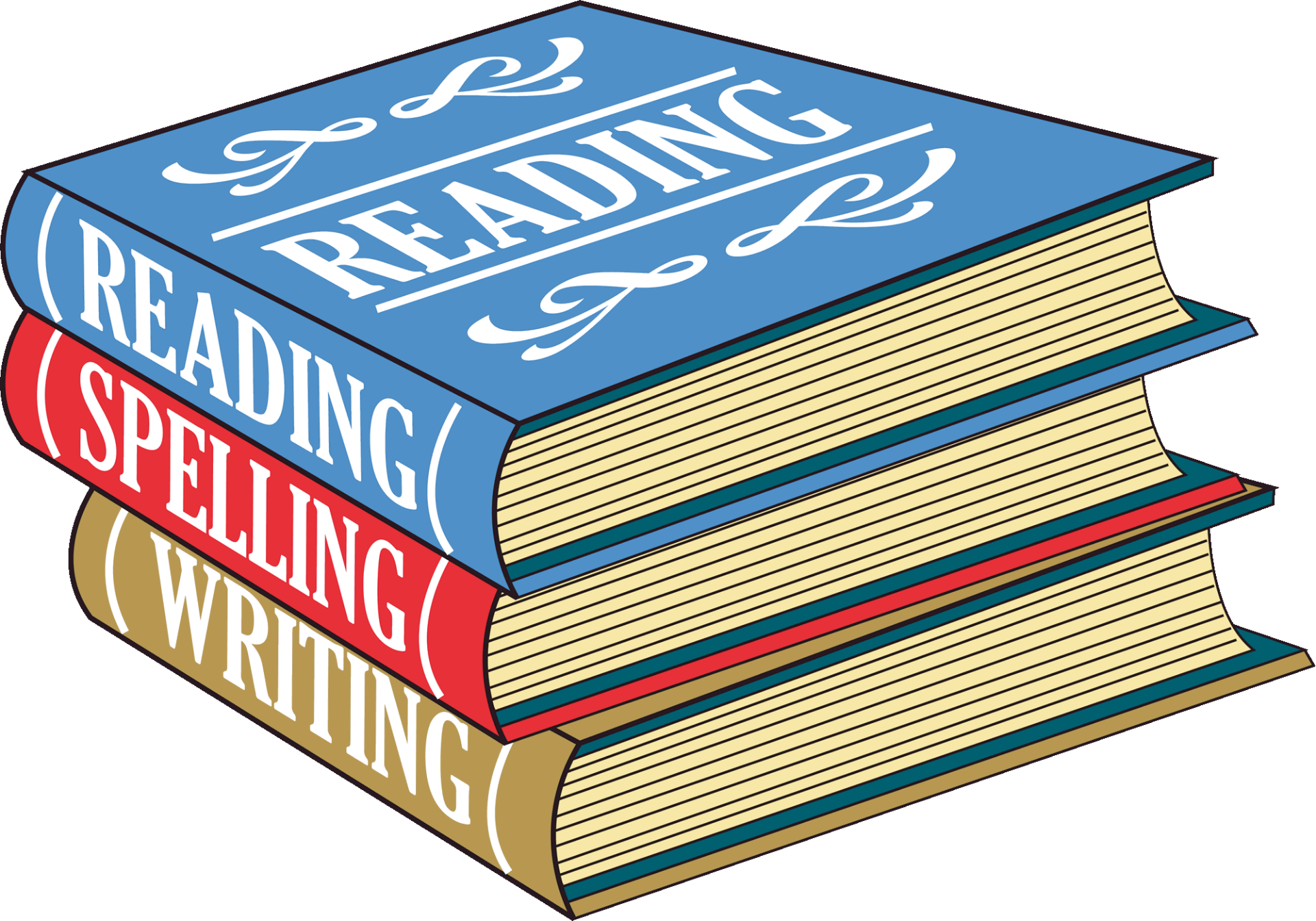Writing
Intent
At Kempshott Junior School, we teach to the National Curriculum expectations, in conjunction with the Hampshire Phase Model for Writing. Our aim is to foster a love of the written word by providing the children with extensive opportunities to produce pieces of work in different genre styles. Writing with a clear purpose and understanding that they can apply to all aspects of their life in Kempshott and beyond.
Children will be able to develop their understanding of the English language through focussed spelling sessions, learning about rules, etymology, word families, definitions and dictionary work that links to the objectives set by the national curriculum.
In addition to this, the children are taught specific grammar features that enable them to write successfully for a variety of audiences. A skill we feel will benefit them as they move onto secondary and further education.
We also develop the understanding of how it is important for the child to be a reflective learner. To be able to go through their own writing to identify areas for development to become a more independent learner.
Implementation
Writing is taught in line with the Hampshire Phase Model which includes developing skills and understanding in the following areas: Transcription which includes spelling and handwriting and Composition which includes composition and effect, text structure and organisation, sentence structure and vocabulary, grammar and punctuation. These skills are progressive throughout the Key Stage and are taught through the use of high quality text drivers that engage the children in their learning. Each unit of work will have a learning journey which allows the children to see what the outcome will be and what tasks they will complete in order to get there.
For every learning journey, the children will have a specific outcome. A long term overview of the genres covered for each year group reflects the progression in complexity as the children move throughout the school. This has been produced in line with Hampshire County Council guidance and genre styles are repeated to show progression from year to year.
Text drivers used relate to either the units of work that need to be covered or may have a cross-curricular link to History, Science or Geography topics being covered in the year.
Each outcome produce by the children will follow the expectations set out In the national curriculum, this includes opportunities to plan their writing – using a planning device provided by the teacher (or for the greater depth children, the expectation will be that they choose a planning format of their own choice). This is either completed independently, in pairs or as part of a supported group.
After the planning is completed, the children apply the skills they have been taught to complete their outcome piece of writing. During this stage the children will be told what they need to include in order to successfully complete the task, a WAGOLL would be provided for the children to refer to, the working wall would contain examples of any grammar features discussed in the learning journey. The children would then be given a suitable amount of time to complete the task set.
Throughout the writing session the children are encouraged to read through and edit their work (independently) before the editing session they will complete with the teacher. Spelling log books, dictionaries and thesauruses are provided for the children to use throughout their writing and editing process.
All outcome pieces are edited and published by the children – the first editing task will be modelled by the teacher, using examples from the children’s own work to reinforce issues identified or successful sentence/paragraph examples. Once the teacher had shown the children what needs to be addressed, time is given for the children to individually edit and then edit with a partner before the final outcome is produced.
Final outcome pieces are photocopied and place in their English Writing books as a reflection of their work and the original piece is taken home as a record of their achievements. This helps the children to understand the value we place in their work and gives them their own sense of achievement.
Impact
On the child’s learning journey is the learning objective for the lesson. At the end of the session, the teacher will either highlight in solid if the objective is met, wiggly line, if not quite there and leave blank if it has not been achieved. This provides the children with feedback on their work, as well as any written comment by the teacher.
Throughout the lesson, the teacher will assess the children’s understanding by looking at the work produce. If there are any misunderstandings, they might draw the children to a stop or ask children to share examples to clarify understanding.
If on marking many mistakes are made, this could be addressed in the next lesson or by a LSA (If it is only a few children).
Editing sessions (for outcome pieces) are also a successful way to pick up on misconceptions by the children.
At the end of each milestone, a summative teacher assessment is made and data analysed to support with adaptation of the planning.
The teaching of writing is monitored termly by the Headteacher, book monitoring is taken out by the Writing co-ordinator termly as well as by the staff through staff meeting time. Learning walks are carried out termly, as well as pupil conferencing sessions and feedback is provided to year leaders to feedback in PPA sessions.
Through all these processes, the strengths and areas of develop are identified.
Writing Overview Writing Progression



